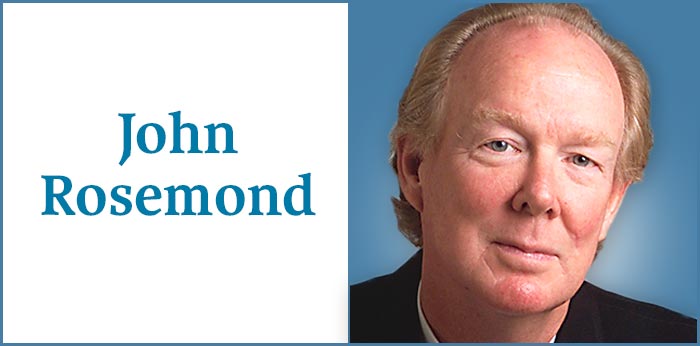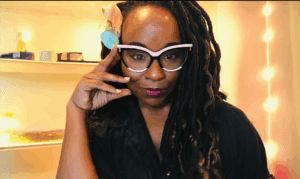Question: A Christian (but very liberal) adoption agency recently turned down our application because they disapprove of our parenting approach, which is your parenting approach. We told them we subscribe to your philosophy and do things like sending the kids to bed early due to whining and tantrums. They said that was isolating and not good for any child, let alone adopted children. They felt it was abusive for children with reactive attachment disorder. Thoughts?
Answer: I’m not surprised. Nor am I the least bit insulted. The adoption industry in America has been taken over by people who adhere to the notion that nearly all adopted children – no matter the age of adoption – “have” something called reactive attachment disorder (RAD) which is characterized by difficulty establishing and maintaining healthy relationships.
There are certainly children who suffer the effects of early emotional starvation, but the idea that adoption and RAD go hand-in-hand is pure, unalloyed, unmitigated balderdash.
Furthermore, researchers have found that the negative effects of emotional deprivation during early childhood are not necessarily permanent. In one study involving children adopted from horrifying institutional conditions in Romania (when it was still a communist dictatorship), the adopted children’s social behavior was indistinguishable from non-adopted children within several years (see “The Myth of the First Three Years” by John Bruer).
A significant body of research has confirmed that proper discipline – including punitive consequences – are as essential as proper nurturing to proper emotional and social development.
I am not making a recommendation, but it is worth noting that two of the most objective researchers in the field of parenting outcomes have found that children who are occasionally spanked by loving parents are more well-adjusted than children whose parents never spank.
That is not an endorsement for spanking, mind you, but it does point out the disconnect between science and practice that often characterizes professional babble concerning child mental health.
In 2012, I wrote a book titled “Parent-Babble” in which I exposed the lack of credible science behind many of the claims made by child mental health professionals. It included chapters on self-esteem-babble, punishment-babble, reward-babble, and yes, adoption-babble.
Concerning the latter, I asserted that so-called “adoption specialists” were causing more problems than they were preventing and gave specific examples of their ubiquitous bad practice. The adoption industry does not regard me well, to say the least. (By the way, I’ve since had several adoption specialists confirm that my perception of the toxicity in their field is spot on.)
I’ve worked with a good number of adoptive parents. My general finding has been that their biggest problems have been brought on by advice they’ve received from adoption specialists. Many if not most of them came to me for help concerning behavior problems that stemmed, predictably, from a lack of proper discipline.
It didn’t take 15 minutes to figure out that these parents were afraid of their adopted children, afraid that any hint of disapproval concerning their behavior would precipitate an emotional tailspin into perpetual, irretrievable RAD.
When they began following my disciplinary recommendations – the same recommendations, mind you, that I’d make concerning non-adopted children – the adopted kids quickly became much less problematic and obviously much happier, precisely what the best research predicts.
Apparently, loving parents who set and enforce proper boundaries are the best of all possible therapists for adopted kids.
[Family psychologist John Rosemond: johnrosemond.com, parentguru.com.]












Leave a Comment
You must be logged in to post a comment.